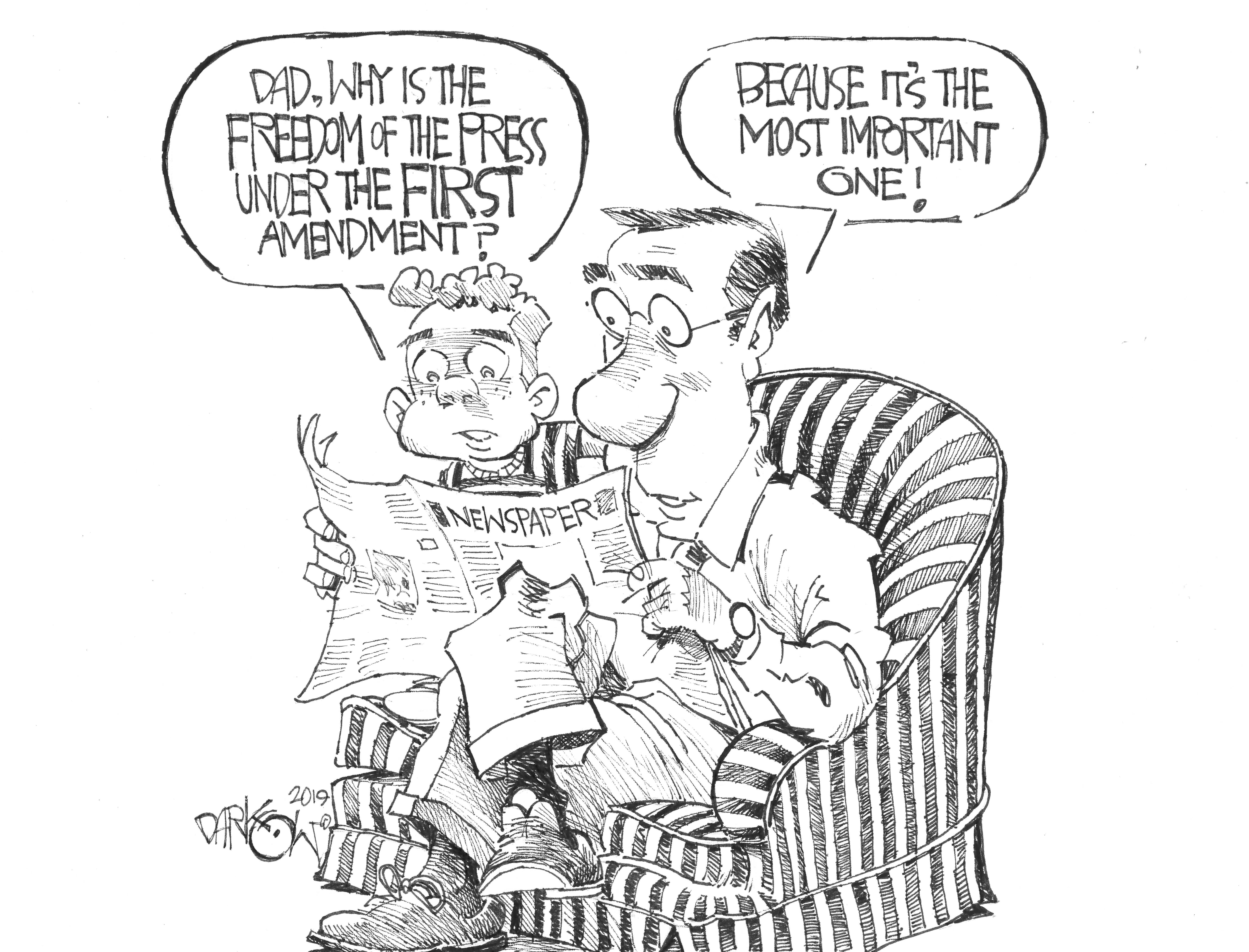Reform slips from Congress
Published 1:49 pm Wednesday, June 26, 2013
Seventeen years ago a Republican Congress devoted to reining in government waste and a Democrat president more comfortable with growing bureaucracy found a way to pass a landmark welfare reform law. It was the right thing to do and both sides claimed victory. Sadly, another historic opportunity for badly-needed reform slipped through the hands of Congress last week with the defeat of the Farm bill.
In 1996, Washington looked a lot like it does today. Congress and the White House were starkly divided down partisan lines and political disagreements were sometimes dramatic. An inability to reach agreement over budget cuts forced government shutdowns that furloughed many federal workers. Amidst this ideological gulf lawmakers were still able to craft a major bill to reform the nation’s poorly-administered and much abused welfare system to make it more effective and accountable.
A year after welfare reform was approved by Congress and signed into law by President Clinton, the reviews were clear. After 12 months of allowing states the power and resources to begin moving people into self-sufficiency, the percentage of people on welfare fell to its lowest level since 1970.
The success of Welfare Reform was not lost on House lawmakers who set out to reform another abused federal assistance program, the Supplemental Nutrition Assistance Program (SNAP). SNAP, also known as “food stamps,” is intended to provide supplemental food assistance to low income families. Recently, SNAP has experienced significant growth and abuse. The USDA, who administers the program, estimates fraud costs the government at least $750 million a year.
Last week the House offered an opportunity to reform food stamps through the new Farm bill, the Federal Agriculture Reform and Risk Management Act of 2013. The bill hits abuse in food stamps head on by reinstating income and asset tests for food stamp eligibility; ending bonus awards that effectively encourage states to increase food stamp rolls; ensuring illegal immigrants, lottery winners, traditional college students and the deceased do not receive benefits; and, by prohibiting the federal government from advertising food stamp benefits in foreign countries. These reforms were estimated to save over $20 billion.
The House Farm bill would have also reformed federal farm policy to achieve greater efficiency and taxpayer savings. The reforms offered in the Farm bill could have saved taxpayers $40 billion, including $6 billion in reduced USDA spending through the sequester.
Unfortunately, this common sense reform bill failed to pass the full House last Thursday as many lawmakers resisted its calls for increased accountability over scarce tax dollars.
This was a lost opportunity to once again do the right thing.


